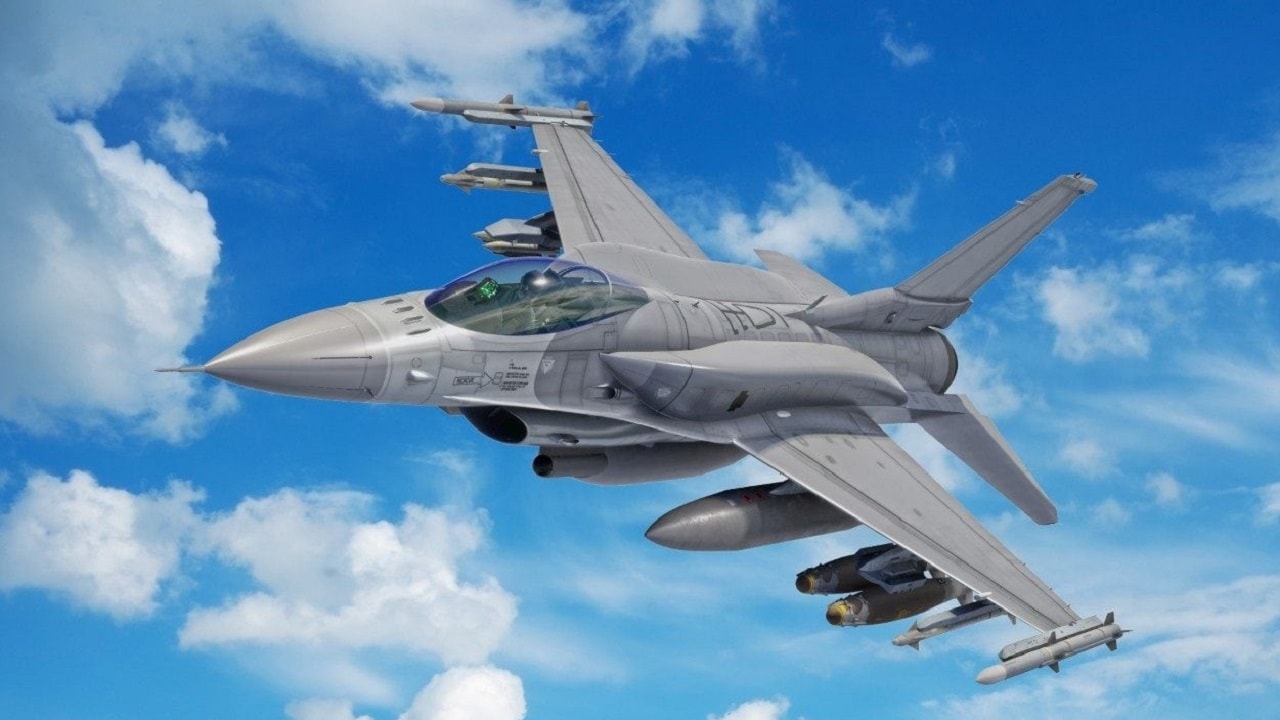Robert Farley

What does Taiwan need in order to defend itself? Growing criticism of the Biden administration’s commitment to Ukraine has begun to coalesce around the idea that supporting the fight against Russia is hamstringing a potential future fight against China.
Does the argument hold much water?
Much of the answer depends on the specifics of the future fight. There are multiple plausible scenarios for the opening of a conflict between China and Taiwan, and so much depends on whether China attempts to blockade Taiwan, to seize offshore islands, or to undertake a full amphibious assault.
One of the best tools for analyzing Taiwan’s needs is through wargaming, and the wargaming community is indeterminate on the success of a Chinese invasion of Taiwan.
A recent panel at the International Studies Association discussed several models of cross-Straits conflict, concluding that attrition of both Chinese and American forces would be extremely high but also suggesting that the coalition (the Republic of China, the United States, and other ally nations such as Australia, Japan, South Korea, the United Kingdom, Canada, or the Philippines that chooses to join the conflict) forces would stand a good chance of defeating a Chinese invasion.
Much (indeed nearly all) depends on the outcome of the air war over Taiwan. Although the panel did not focus on what the Taiwanese needed in order to maintain the fight, several acquisition priorities became clear:
–Ballistic missile defense: Attrition of Chinese missiles launched against Taiwan will reduce the threat borne by Coalition bases across the region. China has a limited number of missiles to hit a great many targets (and keep those targets out of service), and local BMD will make things harder for Chinese planners.
–Air defense: Air defense weapons can reduce the threat of Chinese cruise missiles, drones, and manned aircraft over Formosa, although much care will need to be taken with target selection (avoiding cheap decoy drones) in order to maximize the effectiveness of the air defense network.
–Anti-ship missiles: Even if the conflict between China and the Coalition devolves into a blockade, Taiwan will need anti-ship missiles in order to defeat or deter a landing on Formosa or on outlying islands. The availability of land-based anti-ship missiles would also extend the threat radius around the island, necessarily loosening the blockade.
-Material to harden targets on Formosa: The Taiwanese can handle the hardening of military bases mostly on their own, but the U.S. could contribute technologies that would ensure the connectivity of hardened bases to broader communications networks across the front.
-Material to disperse basing options across Formosa: The Taiwanese can also handle the responsibility of creating additional basing options across Formosa, but much like the hardening process, could likely use some assistance on maximizing the capabilities of small, dispersed bases.
-Stores of weapons and ammunition: As the Russia-Ukraine War has demonstrated, modern conflict eats up an enormous amount of material. Ensuring that Taiwan has large stocks of ammunition and maintenance material (spare parts, lubricants) on hand at the beginning of a conflict helps to ensure that Taiwanese forces will remain in the fight over the long haul.
Beyond Formosa itself, several commentators on the ISA panel argued that dispersion and the fortification of airbases across the Western Pacific theater would have a significant impact on the ability of the Allied coalition to maintain an advantage in the air. This does not touch directly on U.S. commitments to Ukraine (even if the U.S. transfers aircraft to Ukraine eventually, they are likely to be older models) but nevertheless represents a way to hedge against masses of Chinese missiles. That said, even the most aggressive steps would leave the U.S. in a disastrous position, with massive attrition of the most advanced aircraft in the U.S. fleet, to say nothing of the destruction of U.S. Navy aircraft carriers.
Preparation is the Best Defense
Obviously, some but not all of these necessities conflict with the need to maintain support for Ukraine. In particular, air defense systems and ammunition stocks are needed by both countries. At this point, there is no indication that China plans to attack Taiwan in the immediate future, and there is good reason to believe that Taipei and the United States will have significant warning before an attack begins. Still, we should not handwave away concerns about whether the U.S. commitment to Ukraine is detracting from Washington’s ability to support Taiwan.
For their part, the Taiwanese seem to have been sufficiently surprised by the Russian invasion of Ukraine to start seriously preparing for their own defense against China.
No comments:
Post a Comment